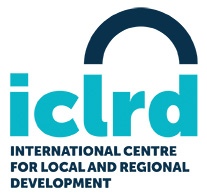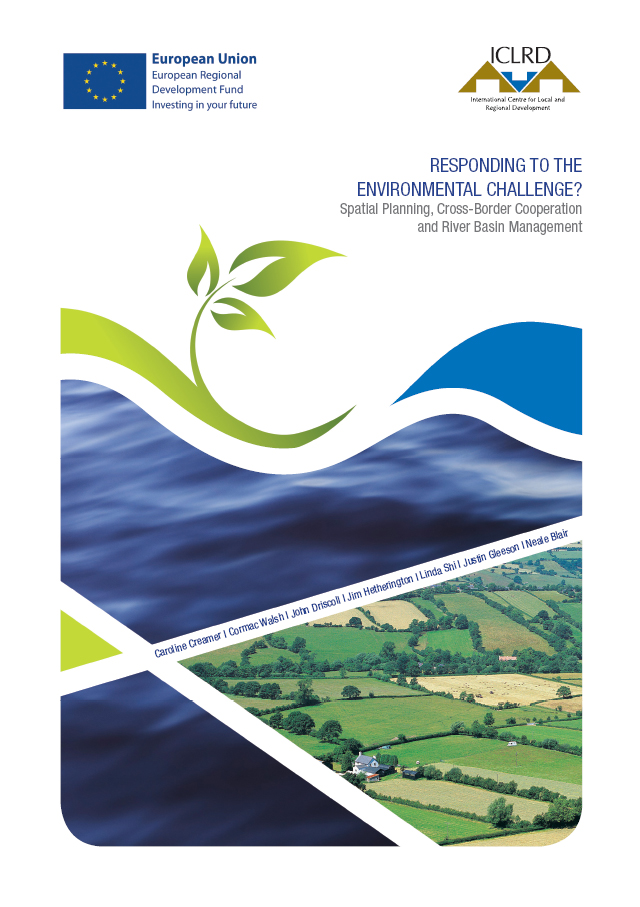The International Centre for Local and Regional Development (ICLRD) is delighted to announce the publication of its latest study, Responding to the Environmental Challenge? Spatial Planning, Cross-Border Cooperation and River Basin Management.
Published in September 2011, this report recognises that environmental assets do not adhere to man-made boundaries and considers the challenges and opportunities in integrating environmental management and development strategies at national, regional and local-policy level. It builds on the recognition that the environment is increasingly lying at the heart of European thinking; with the need to protect and conserve the environment referenced in numerous Directives, not least the Water Framework Directive (WFD). For cross-border communities, this necessitates a commitment to cross-sectoral, cross-departmental and inter-jurisdictional collaboration as many of these assets transcend the Irish border.
The cross-border dimension of managing water resources and shared river basins brings up interesting challenges for both jurisdictions on the island of Ireland. Eight river basin districts were jointly established following a joint consultation process in 2003; with four located in the Republic of Ireland, one in Northern Ireland and three being cross-border. And as the resulting plans move into their implementation phase, it is evident that environmental considerations play an increasingly critical and decisive role in spatial planning. As such, the challenges involved in coordinating river basin management and spatial planning policy objectives are not only technical but also political.
Building on the two international case studies – the Berlin-Brandenburg and Elbe River Basin in Germany and the Connecticut River Basin in Massachusetts – the report illustrates that good river basin management practices have moved towards engagement and negotiation, rather than relying solely on compliance measures or regulatory enforcement. This creates the possibility for proactive management, with an emphasis on protecting and enhancing the shared asset of the river basin. Critically, they highlight that it is the sub-regional management of the river basin itself that is key to bringing together official and civic, business and environmental leadership in a meaningful way. This is especially the case when spatial planning decisions are made at the ‘local level’.
The report puts forward a number of strategic options for the effective implementation of river basin plans on a cross-border basis – including integration between spatial development and water management plans. Furthermore, in the case of the Republic of Ireland where the implementation phase is under review, it proposes a number of scenarios which take due cognisance of the need for an evidence-based approach, ongoing inter-jurisdictional cooperation and jointly agreed monitoring systems, and political and public acceptance for river basin management and associated water quality protection measures – all of which requires adequate resourcing!.
Download the report.

